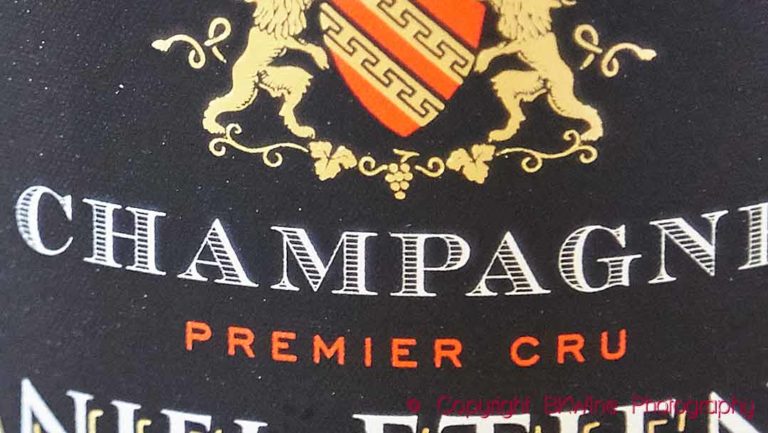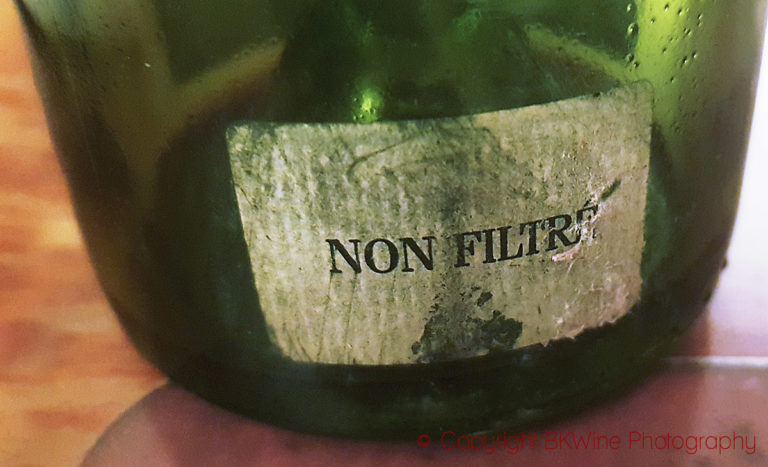 The wine world loves hierarchies. But despite this fact, isn’t it time to scrap the term “noble grape”? In Alsace, it’s been around for ages, but it’s a glaring anachronism. You can make an Alsace grand cru (with one exception) only from four so-called noble grapes. Doesn’t this feel a little outdated?
The wine world loves hierarchies. But despite this fact, isn’t it time to scrap the term “noble grape”? In Alsace, it’s been around for ages, but it’s a glaring anachronism. You can make an Alsace grand cru (with one exception) only from four so-called noble grapes. Doesn’t this feel a little outdated?
See what has happened in Languedoc. Carignan has been brushed aside on its home turf by the newcomers syrah and mourvèdre. The vast majority of appellations in the Languedoc allow carignan only up to 50%. In contrast, syrah and mourvèdre can approach 100% without any problems.
And yet carignan, like no other grape, can embody Languedoc’s particular terroir. Winemakers sing its praises. Instead, in a couple of decades, syrah has gone from almost zero presence to becoming Languedoc’s most planted grape.
If you want to know how it feels to have been in the shadow of a nobler relative all your life, ask aligoté in Burgundy. It is suitable only for charcuterie and to drink as kir (blended with a sweet black-currant liqueur). So it says in all textbooks about wine. And thus, everybody knows it from the time they start taking an interest in wine. But if all the best vineyards are dedicated to chardonnay, you may never get a chance to excel and shine.
Skilled winemaker Jean Gardiés at Domaine Gardiés in Roussillon told us when we visited that “no grape varieties are bad if they are planted in the right soil”. That is not given to all grapes—especially not those who live with prima donnas.
Take pinot meunier in Champagne, a grape that has had to endure a lot, not least humid and cool plots in Vallée de la Marne where the nobler pinot noir and chardonnay fear to tread (or more correctly, cannot produce very well). Pinot meunier gives fruity champagnes, a bit simple and with little ageing potential. That’s what it says in the textbooks. In the past, you were not allowed to plant it in the so called grand cru villages. People already had their mind made up about pinot meunier before they started tasting champagne. It was condemned in advance.
In fact, it is just the opposite. Pinot meunier can give champagnes with character, depth and intensity that can stand shoulder to shoulder to the best blanc de blanc, or even tower above it.
Pinot meunier is not the only grape suffering because of its lovely fruit. Fruitiness has never been as noble a character as austerity and tannins. Gamay is an excellent example of that.
But fortunately, that is changing. The time of revenge for the non-noble grapes has come.
Look at barbera in Piedmont, easy to grow but only used as an everyday wine for ordinary people because the acidity was too sharp. The nobles drank nebbiolo. Until all of a sudden in the 1980s some producers start to pay attention to barbera. They took better care of it. And showed what it could do.
Interest in non-noble grapes is rising. Maybe it has to do with the new passion for old, local grape varieties. Carignan does well outside the appellation system. Beaujolais is a cult wine in the natural wine movement. 100% pinot meunier is starting to be sought-after champagne. The last word has not been said.
We can surely hope for an even more varied and exciting future when more and more “ugly ducklings” in the vineyards come into the limelight thanks to skilled winemakers worldwide. Petit verdot, maturana tinta, cinsault, timorasso, feteasca regala, tannat, savatiano, négrette, romorantin…
Can we agree on a New Year’s resolution for 2021? When you come across a grape variety that with which you are not familiar, buy a bottle and try it!
In this last BKWine Brief of 2020 (number 208!) we give you some extra holiday reading. In addition to the wine world news, we also have several articles to delve into over the weekends. You will find links to them all further down in the Brief.
If you want to understand better how barrel ageing works and what influence oak has on the wine, we have an article about it.
We tell you more about the viognier grape that rose like a phoenix in the wine world, about an exceptional tasting of Tuscan wines back to 1930, as well as tips about three exciting small producers from Piedmont, and a story about a vineyard in the Languedoc that also rose from the ashes with a new owner.
You find a whole lot of inspirational wines in this month’s “Uncorked” and a fascinating book review about the wine monopoly in Sweden. It may not sound so exciting, but the book “We should not have so much fun” shows that it is not so obvious why the monopoly exists.
Even if the uncertainty remains about what 2021 will look like, it seems to be going in the right direction. EU has given the go-ahead for the first vaccine, and the future US president has been vaccinated on television, and more.
So maybe we can gradually hope to return to a more normal life, where we can travel to the vineyards again. In any case, that is what we are planning for. We have tours scheduled for spring and autumn of 2021.
When it’s time to go on a wine tour again, we will be there to take you on even better vineyard visits than before. Travel with BKWine!
Enjoy the Brief!
Merry Christmas and a Happy New Year and a prosperous 2021.
Britt & Per
If you appreciate what we do, you can help us:Tell your friends about the Brief or send it to them.
Like us and follow us on social media.
This is just the introduction to the latest issue of the Brief. Subscribe to the BKWine Brief and you will get the whole edition in your mailbox next month.
What’s on at BKWine Tours
BKWine is also one of the world’s leading wine tour operators. Here’s what we currently have on our scheduled wine tour program:
- Bordeaux, April 21-25, 2021
- Champagne, May 19-23, 2021
- Champagne, September 23-27, 2021 (possible combination with Bordeaux)
- Bordeaux, September 27 – October 1, 2021 (possible combination with Champagne)
- Chile-Argentina, January 2022
- South Africa, February 2022
- New Zealand, March 2022
We also make custom designed wine tours.
We’re different than most other wine tour operators. We are people who know wine inside out, who travel constantly in wine regions, who write award winning books about wine. Who do this out of passion. Our tours are different from others. More in wine tours: BKWineTours.com.











